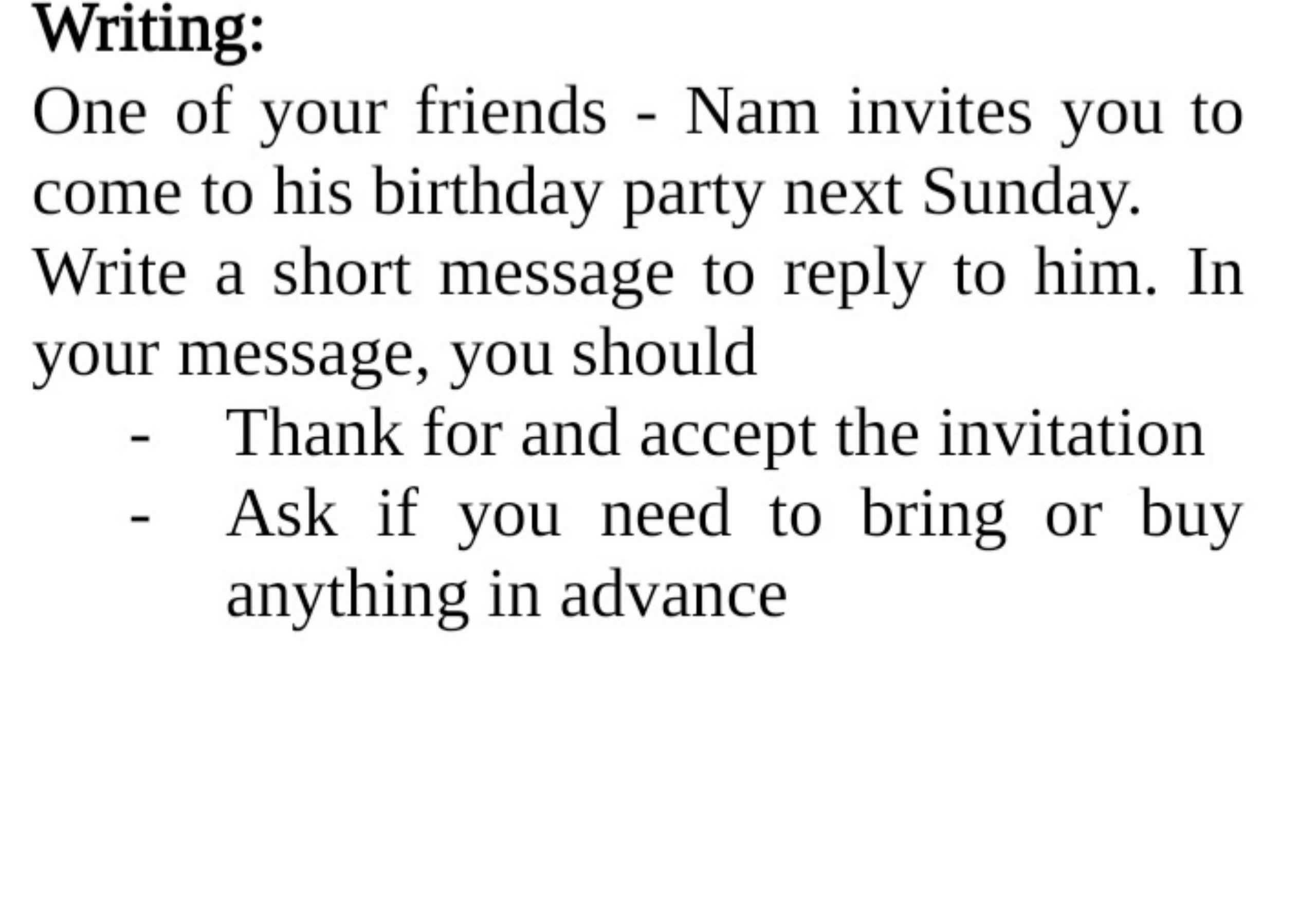In the modern world, technology is an integral part of daily life, and screens are inescapable. From social media to online learning and video games, teenagers spend hours each day glued to their devices. However, as screen time increases, so do concerns about its impact on young people’s physical and mental well-being. While some argue that strict limits on screen time are unnecessary or unrealistic, there are compelling reasons why parents should actively monitor and limit teenagers' use of screens.
First, excessive screen time can negatively affect a teenager's physical health. The most immediate concern is the link between prolonged screen use and sedentary behavior. Teenagers who spend hours on their phones or computers are more likely to neglect physical activity, which can lead to weight gain, poor posture, and long-term health issues. Studies have shown that a lack of physical activity during the teenage years is associated with an increased risk of chronic conditions, such as obesity, diabetes, and cardiovascular disease. By limiting screen time, parents can encourage their children to engage in more physical activities, promoting healthier lifestyles.
In addition to physical health concerns, screen time also has significant mental health implications. Many studies have highlighted the correlation between heavy social media use and increased rates of anxiety, depression, and loneliness among teenagers. Constant exposure to idealized images and cyberbullying can exacerbate feelings of inadequacy and low self-esteem. Limiting screen time helps reduce exposure to these harmful influences, giving teenagers more time to focus on face-to-face interactions and building real-world connections, which are vital for emotional development. When teenagers spend too much time online, they may also miss out on critical in-person experiences that contribute to their social and emotional growth.
Furthermore, excessive screen time can interfere with academic performance. While educational tools and apps can be beneficial, the allure of entertainment and social media often distracts teenagers from their studies. Research has shown that students who spend too much time on their devices, especially before bedtime, experience disrupted sleep patterns, which in turn affect concentration and cognitive function during the day. A teenager who stays up late texting friends or watching videos is likely to perform poorly in school. By imposing reasonable limits on screen time, parents can help their children prioritize their education and ensure they get the necessary rest to perform at their best.
Critics of limiting screen time argue that technology is a vital part of modern life and that restricting it could hinder a teenager’s ability to adapt to the digital world. They may claim that screens are essential for communication, entertainment, and education. While it is true that technology plays a crucial role in teenagers' lives, moderation is key. Parents do not need to ban screens altogether but should regulate the time spent on them, encouraging balance. Teenagers can still engage with technology while ensuring that it does not interfere with their physical health, mental well-being, or academic responsibilities.
In conclusion, while screens are an unavoidable part of modern life, it is important for parents to set boundaries on their teenagers' screen time. Limiting screen usage can help mitigate the negative effects on physical and mental health, improve academic performance, and foster healthier social interactions. Striking the right balance between digital engagement and real-world activities is crucial for teenagers' overall development. Parents should not only be aware of the risks associated with excessive screen time but also take proactive steps to


Bạn cần giúp gì nhỉ